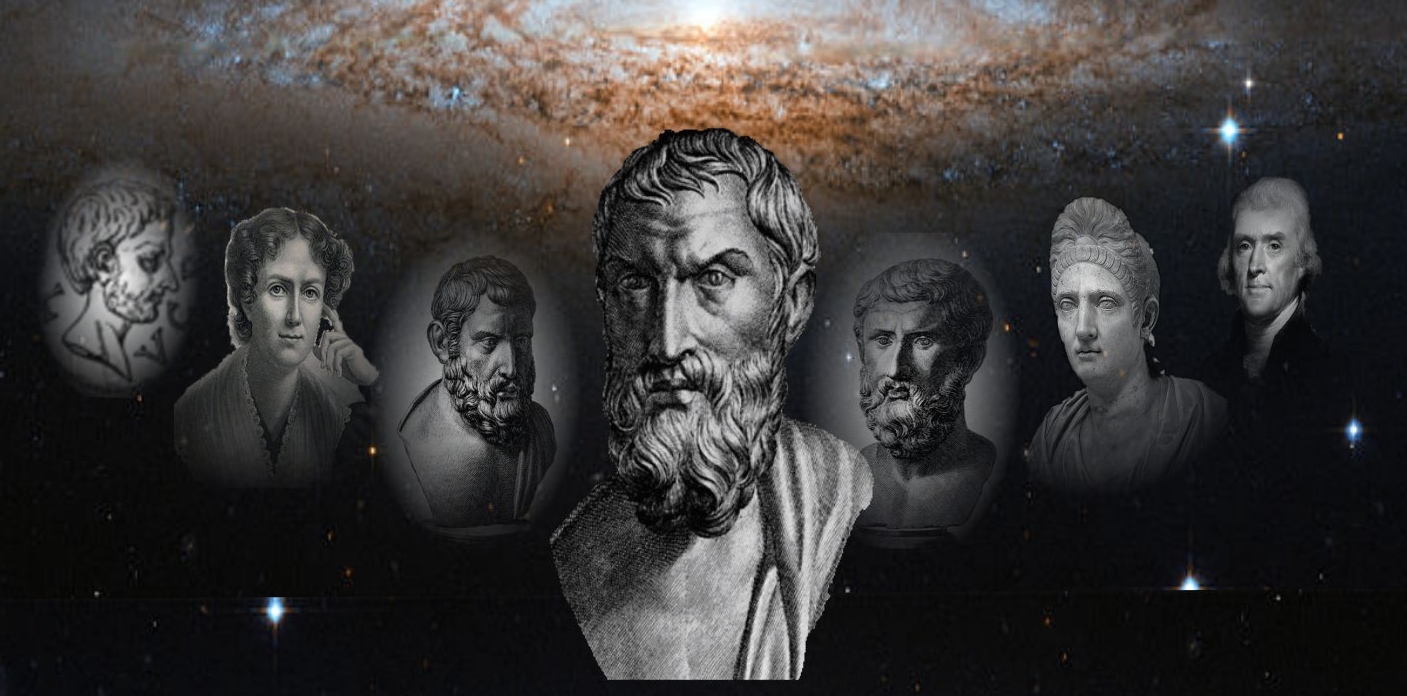Epicurus On The Meaning of “Good”
 This is just a short post to make it easier to find a quotation that I seem to be coming back to more and more lately on the subject of the meaning of “good.” The quote figures prominently in Norman DeWitt’s discussion of whether Epicurus actually considered “pleasure” – or something else – to be the “greatest good,” but I am finding a related point to be even more significant:
This is just a short post to make it easier to find a quotation that I seem to be coming back to more and more lately on the subject of the meaning of “good.” The quote figures prominently in Norman DeWitt’s discussion of whether Epicurus actually considered “pleasure” – or something else – to be the “greatest good,” but I am finding a related point to be even more significant:
The recurring theme of so much dispute is not only the question of whether there is a “greatest good,” and if so what that the “greatest good” is, but the deeper point: what does the word “good” actually mean, anyway? The Platonists define it through their abstract reasoning, and the religionists define “good” according to how they believe their god would define it. Epicurus, on the other hand, makes very clear what HE considers the meaning of “good” to be in the following passage quoted by Plutarch, as found at the Epicurus.info page:
Usener423 – Plutarch, That Epicurus actually makes a pleasant life impossible, 7, p. 1091A: Not only is the basis that they assume for the pleasurable life untrustworthy and insecure, it is quite trivial and paltry as well, inasmuch as their “thing delighted” – their good – is an escape from ills, and they say that they can conceive of no other, and indeed that our nature has no place at all in which to put its good except the place left when its evil is expelled. … Epicurus too makes a similar statement to the effect that the good is a thing that arises out of your very escape from evil and from your memory and reflection and gratitude that this has happened to you. His words are these: “That which produces a jubilation unsurpassed is the nature of good, if you apply your mind rightly and then stand firm and do not stroll about {a jibe at the Peripatetics}, prating meaninglessly about the good.”
This quote has some very profound implications for a proper understanding of Epicureanism!

